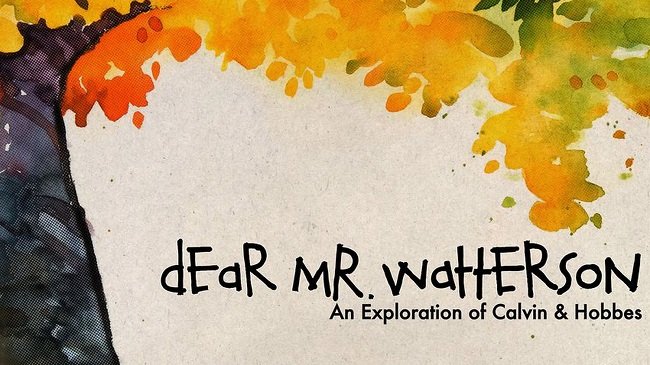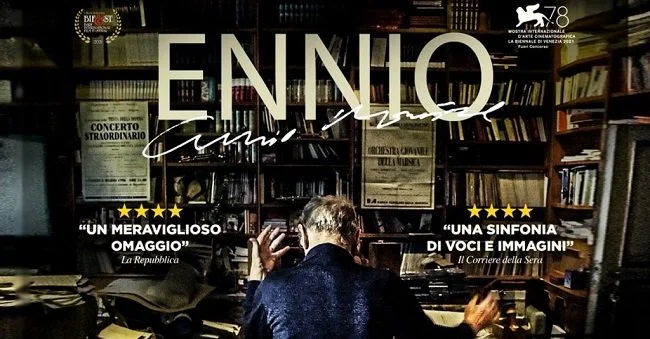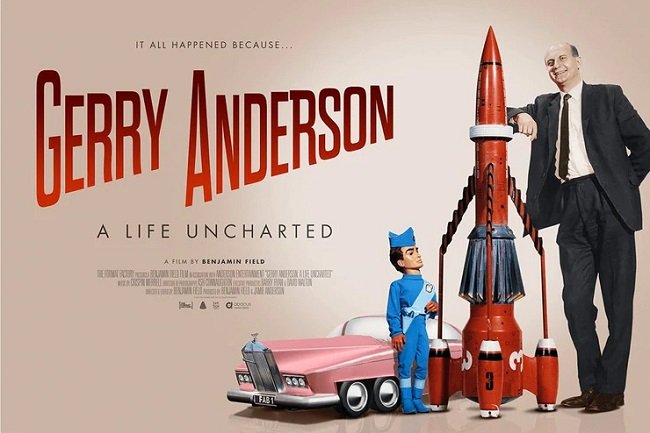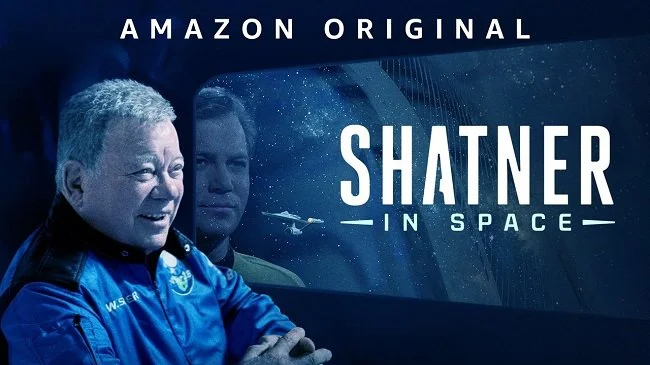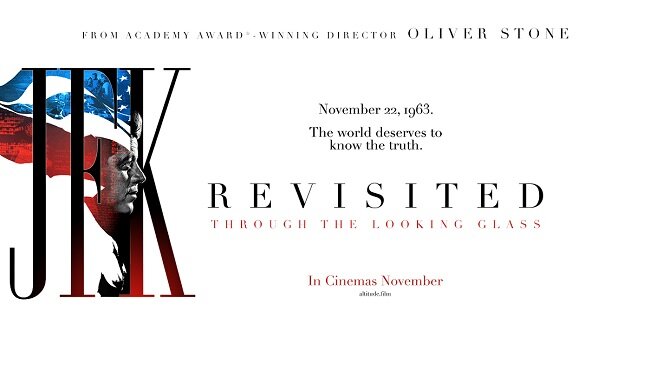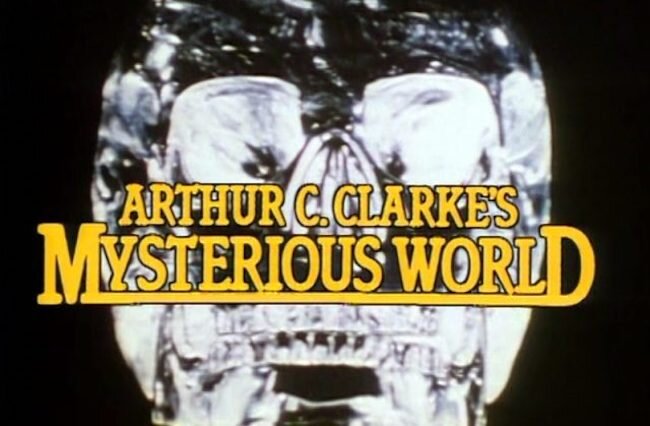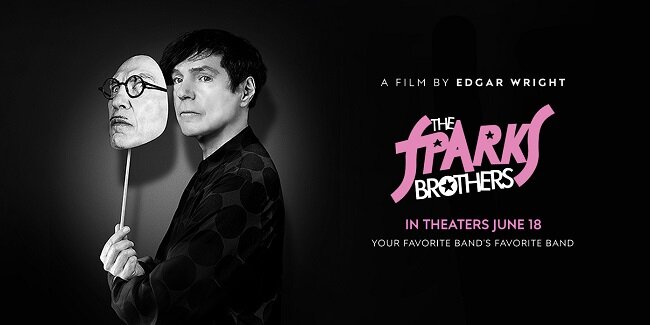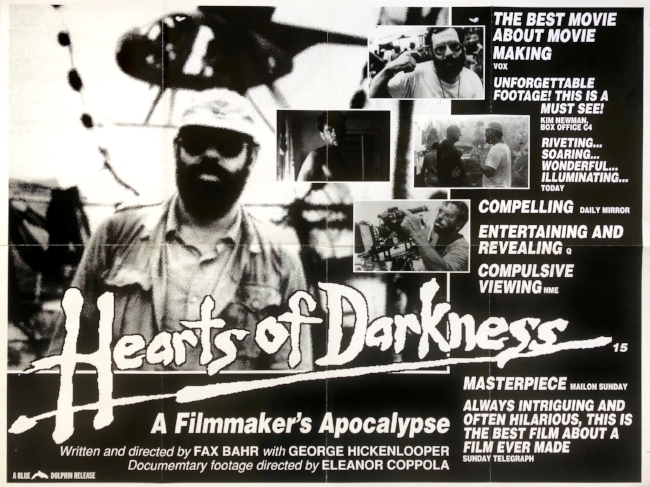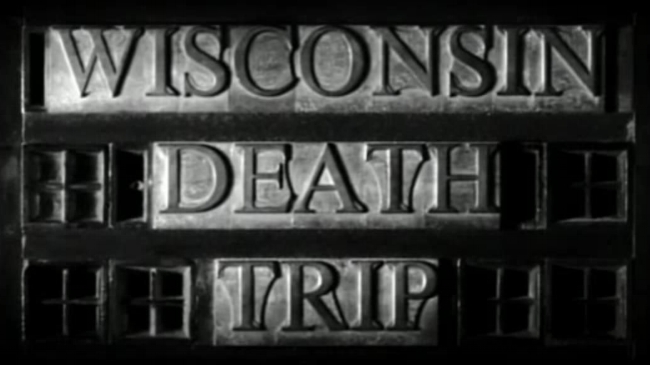Mifune: The Last Samurai (2016)
The documentary Mifune: The Last Samurai is both an exploration and celebration of the Japanese actor Toshiro Mifune (1920-1997), narrated by Keanu Reeves. Over the course of seventy minutes his life and body of work is critiqued by his industry peers as well as several cinematic luminaries such as Martin Scorsese and Steven Speilberg. The focus is very much upon the man himself, as his personality was integral to his acting technique. For those unfamiliar with classic Japanese cinema during its golden age, the documentary provides a broad and practical overview. It also includes a brief history of the chanbara (sword fighting) genre, as well as a concise and honest analysis of Mifune’s career.
Writer and director, Steven Okazaki, talks to long time Mifune collaborators such as the actress Kyoko Kagawa and Kanzo Uni, a sword-fight choreographer and stunt co-ordinator. Uni claims that Mifune “killed” him on screen more than one hundred times. The actress Terumi Niki discusses how Toshiro Mifune coaxed and teased performances out of his co-stars during the filming of Red Beard and how he was a very generous actor. There are also some insightful anecdotes about Mifune’s youth and war experiences from his son, Shirô, that help explain the man’s temperament, strengths and vices. One actor describes Mifune star presence as the embodiment of perseverance but it is fair to say that melancholia is more appropriate for his personal life.
Mifune: The Last Samurai works best when it is focusing on the lifelong collaboration between Toshiro Mifune and writer/director Akira Kurosawa. It becomes very apparent from the interviews that the mutual respect between the two was immense, with the precise and exacting auteur director, trusting his lead implicitly and affording them a great deal of creative freedom. Mifune also had a strong sense of obligation to Kurosawa as he found fame and international stardom through his movies. Teruyo Nogami, Kurosawa’s regular script supervisor, recollects how the arrow ridden finale of Throne of Blood, was filmed under what would now be deemed hazardous conditions with the archers being mere college students and not particularly accurate shots. Yet Toshiro Mifune embraced the risk and used it to fuel his performance.
Mifune: The Last Samurai concentrates mainly on the chanbara movies that were an integral part of the actor’s enduring legacy. Sadly, the contemporary set, post war dramas such as The Bad Sleep Well and High and Low are somewhat ignored. Mifune’s later international success is also only briefly touched upon. It is clear that director Steven Okazaki, thinks that the main story of the actor’s life is his symbiotic relationship with Kurosawa. Although it does attempt to explain why the two artists drifted apart in their twilight years, one is left with the impression that perhaps the documentary is deliberately trying to perpetuate an enigma. In the end, it is Martin Scorsese’s conjecture, that sometimes artists that are bound this closely together “use each other up” is perhaps the most plausible explanation.



